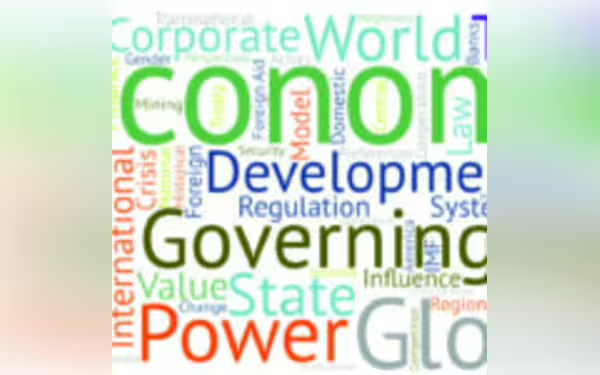Thursday, July 4, 2024 05:54 PM
Pakistan's Urgent Need for Comprehensive Reforms
- Political stability through 'charter of democracy' and free elections
- Economic reforms focusing on trade deficits and fiscal continuity
- Investing in human capital, women's empowerment, and institutional reforms
 Image Credits: pakistantoday
Image Credits: pakistantodayPakistan faces critical challenges in politics, economy, and security, requiring comprehensive reforms in governance, education, gender equality, and environmental sustainability to secure a brighter future.
Pakistan is facing a critical juncture in its history, grappling with political instability, economic challenges, and the looming threat of terrorism. The country, once a beacon of economic growth in the region, has seen a decline in key indicators compared to its neighbors. To address these pressing issues, a comprehensive approach is needed.
Political Stability
A 'charter of democracy' is essential to ensure political stability and consensus among political parties, judiciary, and the establishment. Free and fair elections and a revamped political culture are crucial for sustainable growth.
Economic Reforms
Pakistan's economy faces trade and current account deficits, leading to reliance on IMF bailouts. A 'charter of the economy' focusing on key economic issues like exports, taxes, and privatization is necessary for fiscal continuity and reducing dependence on external aid.
Investing in Human Capital
The government must prioritize education, addressing the high number of out-of-school children and improving the quality of public education. Creativity and critical thinking should be encouraged over rote learning, requiring curriculum overhauls and teacher training.
Women's Empowerment
Policies promoting women's inclusion in all spheres of society are crucial for Pakistan's relevance in the 21st century. Gender equality is linked to societal progress, and Pakistan must improve its ranking on global gender indices.
Institutional Reforms
Overhauling institutions like the police, civil service, and judiciary is necessary to restore public trust. Reformed institutions will better serve the population and strengthen the social contract.
Climate Change
Pakistan, ranked fifth most vulnerable to climate change, must adopt mitigation and adaptation strategies. Implementing the National Climate Change Policy and transitioning to renewable energy sources are vital for environmental preservation and economic sustainability.
Security and Counterterrorism
Securing borders and combating terrorism are paramount for Pakistan's stability and global influence. The country has suffered significant losses due to terrorism and must prioritize national security.
In conclusion, Pakistan stands at a critical juncture, requiring bold reforms and strategic initiatives to overcome its challenges and pave the way for a brighter future.













